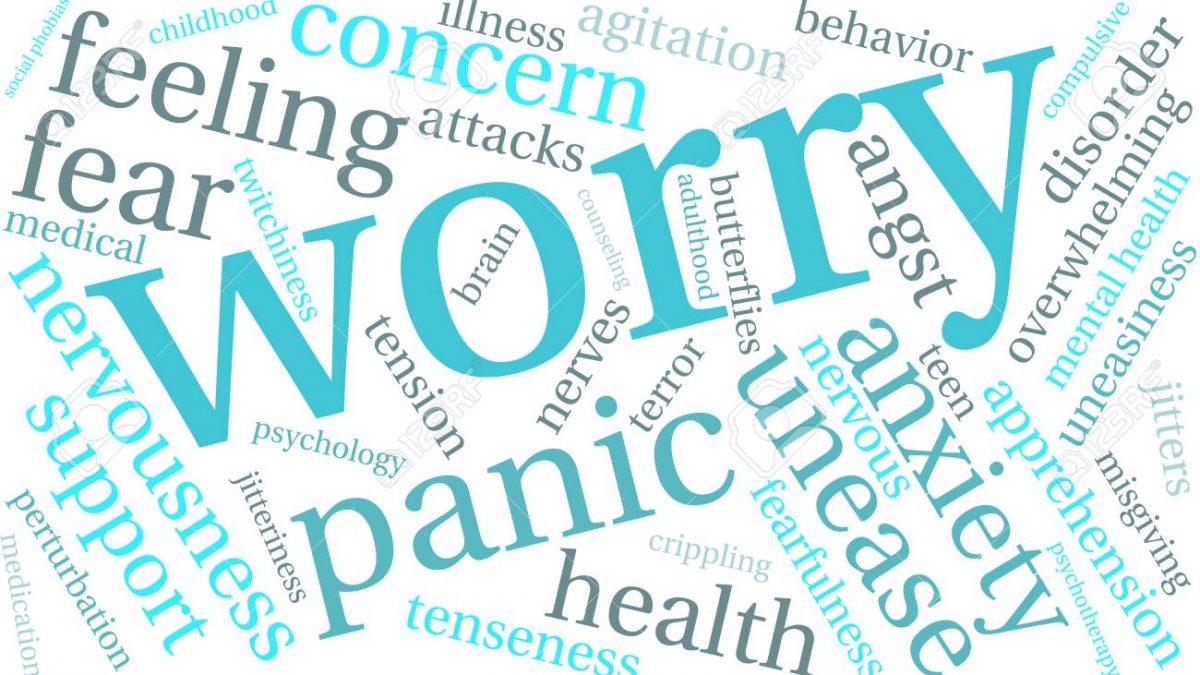
How to get things done when you don’t want to do anything …
August 3, 2021
Why do we compare ourselves to others?
August 30, 2021Worrying ...
Worry is perhaps one of the most unpleasant and negative feelings that we experience as a human but is also one of the most common.
What springs to mind when you think about the word worry?
To me, it’s a sad sounding word. I associate it with sorrow – although perhaps that’s just a play on words! I definitely associate it with some degree of anxiety. I also associate it with a feeling of despondency. It conjures up thoughts of feeling drained, exhausted, and not knowing where to turn.
I also visualise a spiral much like a tornado that gathers momentum and growth, which can envelop anything in its path unless it is promptly addressed.
I also believe that the act of worrying is something that can continue through life if you do not find a coping mechanism.
Yes, there are important topics that affect the majority of us at some point in our lives: - money and the future, job security, relationships, and health for example.
If I was to allocate a word to describe these, however, I would say I was concerned. ‘Concerned’ to me conjures up more serious mental images for me whereas ‘worries’ are short-term concerns that come and go.
Can you name five or six things that you regularly worry about?
Perhaps whether you will achieve the work that you have set yourself for that week? Whether you will be home when the food delivery is scheduled to arrive given you are currently stuck in traffic? Or how your teenager will do in their exams?
In his book The Seven Habits of Highly Successful People, Stephen Covey talks about the idea of a Circle of Concern. This contains everything important to you such as equality, the economy, sustainability, world peace. There will be many topics that are personal to each of us.
Everything outside of this circle is of little concern to you.
Take a few minutes and write down items that are in your Circle of Concern.
Then, take a look at that list and highlight those items that you can influence by your actions. Using the example above of the exam results, as a parent you can influence this by encouraging your child to study. What you cannot do is control the outcome – yet how many of us, this week have worried about A-Level and GCSE results?
There will also be another section within the Circle of Influence where you CAN control the outcome.
These items are in your Circle of Control – although you may not realise this at first – and there will also be items that you can move into your Circle of Control by changing your own behaviour or attitude. These are items that you can act on to improve the potential outcome.
So, perhaps when a worry kicks in, it’s time to consider what lies in each of your circles and minimise energy lost focussing on areas that you have no control over?
Angela





